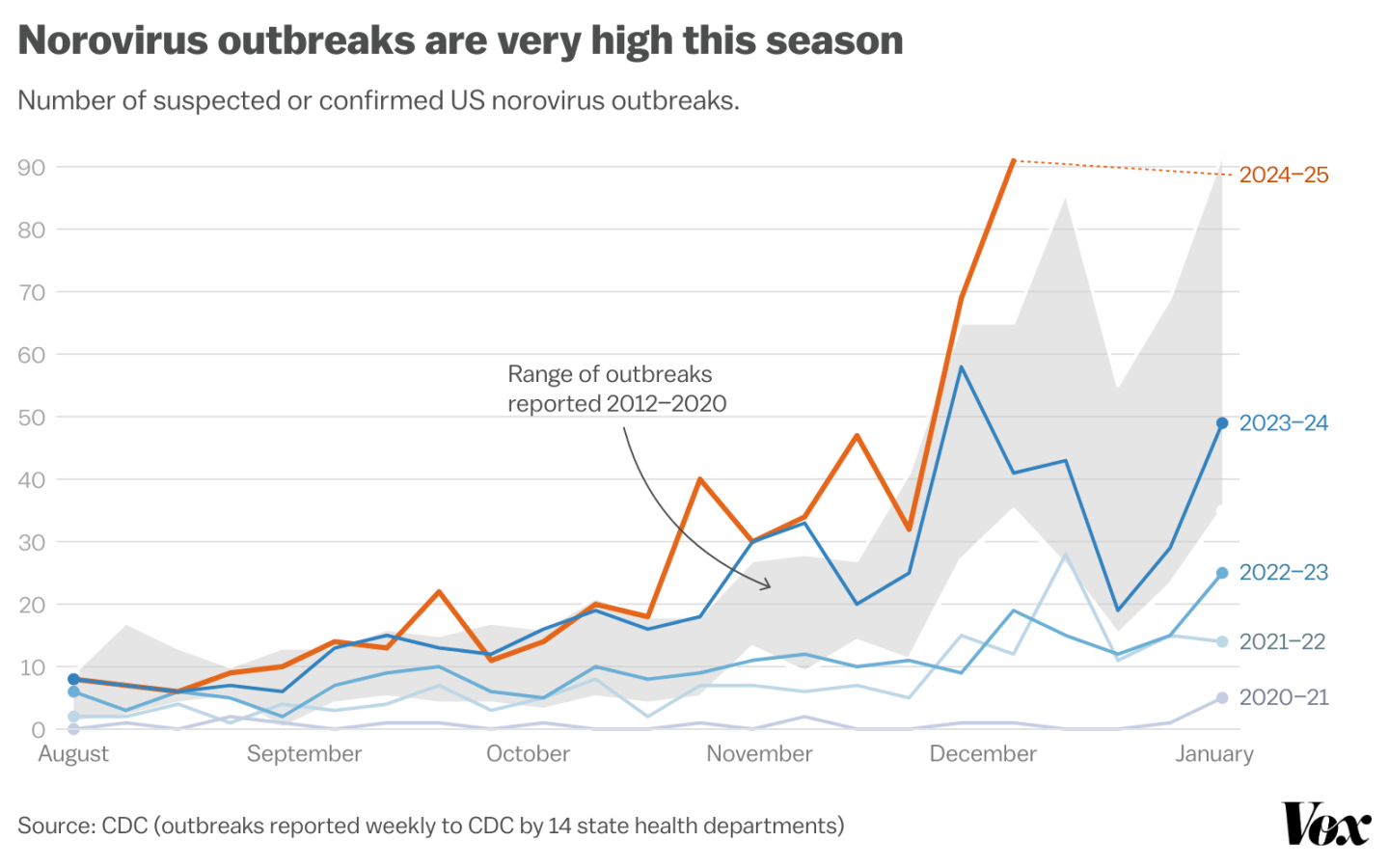My back-to-work morning train WFH reads:
• Stocks Are More Expensive Than They Used to Be: Companies are better today and deserve the premium multiple. But its reasonable to “Expect lower returns.” (Irrelevant Investor)
• How Analyst Job Cuts on Wall Street Are Reshaping Equity Research: Forces like regulation, passive investing and AI have all conspired to squeeze equity research in ways few could have imagined. Countless “sell-side” analysts have had to reinvent themselves as a result. (Bloomberg)
• How to Make the Most of the New ‘Super Catch-Ups’ for 401(k)s: Savers in their early 60s can sock away nearly $35,000 in their 401(k) account for retirement in 2025, thanks to the new “super catch-up” rules. The higher contribution limits aren’t a slam dunk for everyone, though, and you may need to make adjustments to other retirement accounts to maximize your savings. (Barron’s)
• The Lamentation of David Einhorn: Greenlight Capital’s David Einhorn has long been talking about how markets are “fundamentally broken”, but he reckons things will get much worse before they get better — if they ever do get better. (FT Alphaville)
• Just how many ads are there on ad-supported streaming apps, really? We watched 12 shows on six platforms to find out how much of your life you give up to save a few bucks each month. (Sherwood)
• Microsoft is using Bing to trick people into thinking they’re on Google: It’s the latest attempt to get people to use Bing and Edge instead of Google and Chrome. (The Verge) see also Every trick Microsoft pulled to make you browse Edge instead of Chrome: Microsoft Edge is actually good, way better than the old Internet Explorer — but you wouldn’t think so based on how desperately the company tries to shovel it onto your plate! (The Verge)
• Greenland plunged into geopolitical storm: Residents of Nuuk do not want to be part of the US but welcome a discussion of their sovereignty (FT)
• Why everyone has a gnarly stomach bug right now, explained in one chart: Ninety-one norovirus outbreaks were reported to the Centers for Disease Control and Prevention (CDC) during the first week of December (shown in the orange line in the chart below), the latest week for which data is available. That’s more than have been reported at this time of year at any time since 2012. (Vox)
• Most supplements aren’t worth your money. This one is. Studies have consistently shown that psyllium may lower cholesterol, dampen glucose spikes, help us stay full longer, and even aid in treating diarrhea and constipation. (Washington Post)
• Why I’m quitting the Washington Post: Democracy can’t function without a free press. (Open Windows)
• ‘Completely Dry’: How Los Angeles Firefighters Ran Out of Water: As wildfires roar into residential neighborhoods, firefighters in California and elsewhere are finding that water systems can’t keep up with the demand. (New York Times)
Be sure to check out our Masters in Business interview this weekend with Brian Hurst, founder and CIO of ClearAlpha, a multi strategy hedge fund managing $1 billion in client assets. Hurst was Cliff Asness’ first hire in the Quantitative Research Group at Goldman Sachs Asset Mgmt, where he built the portfolio management and trading technology for the Global Alpha Fund. He was the first non-Founding Partner at AQR Capital Management, where for 21 years he served variously as PM and head of trading for the firm and designed and built AQR’s trading platform.
Why everyone has a gnarly stomach bug right now, explained in one chart This year’s no good, very bad norovirus season.

Source: Vox

